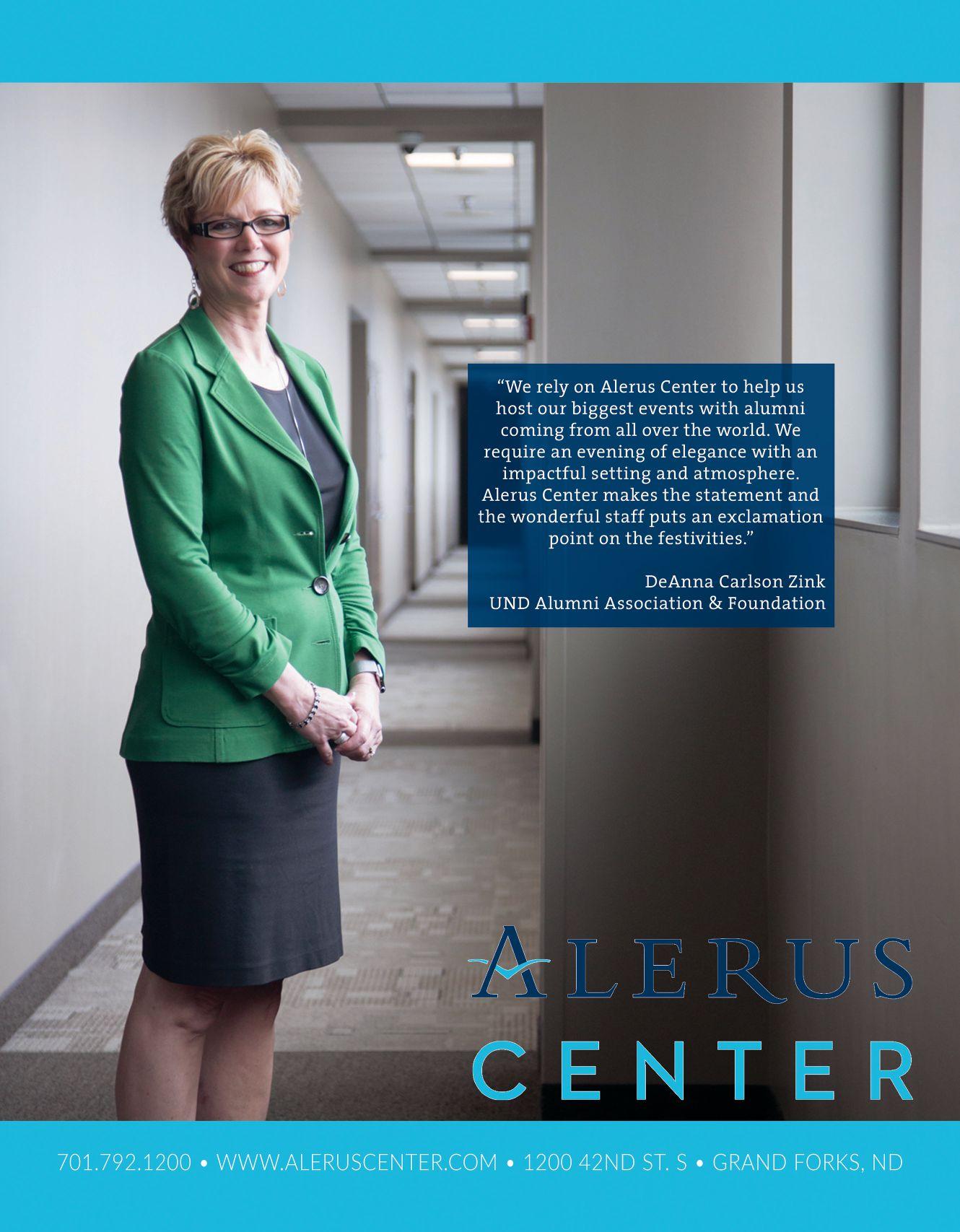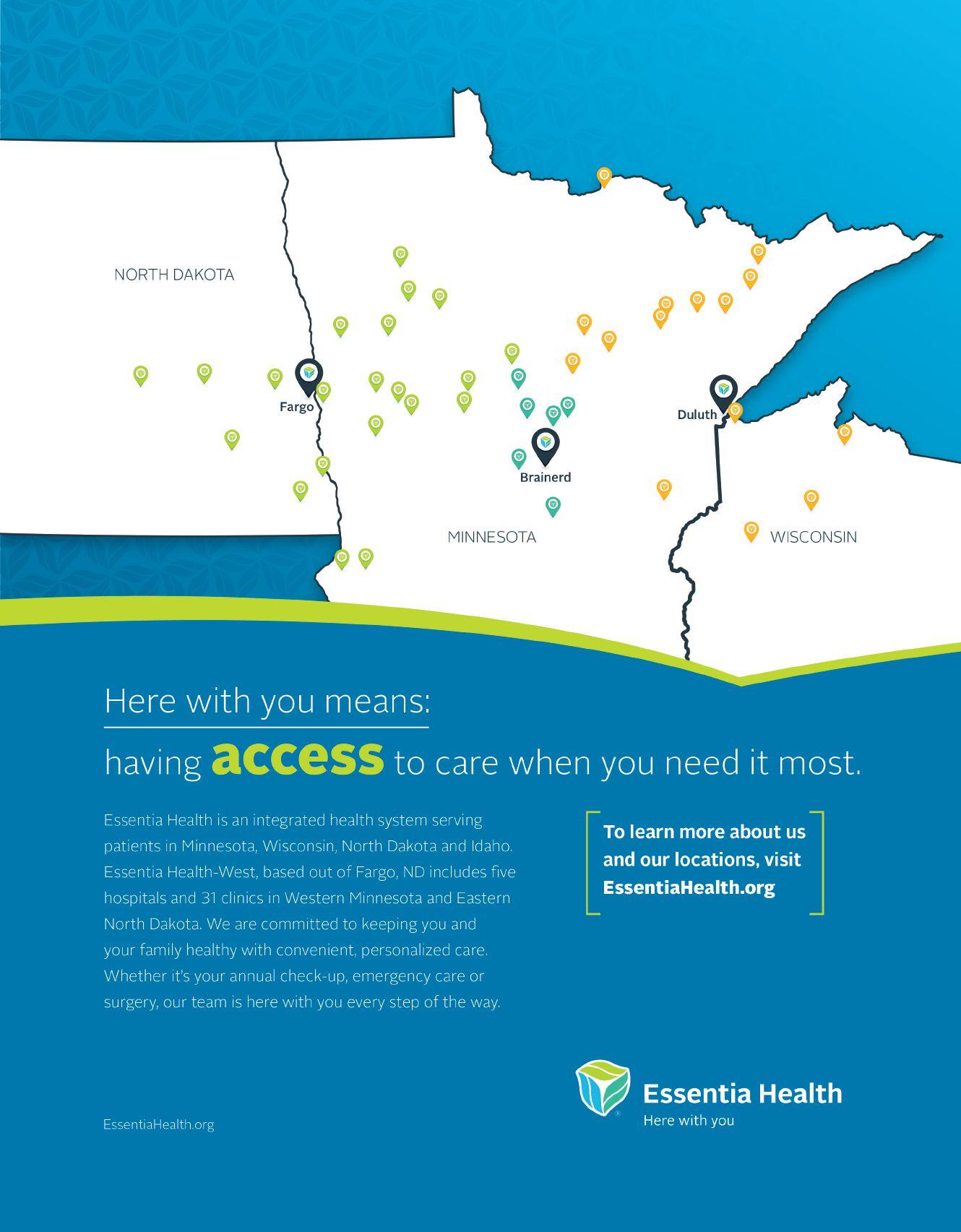
3 minute read
INSIGHTs & INTUITION
What common mistakes do candidates make during interviews that can take them out of the running for a job?
Not doing their homework. Before an interview, an applicant should have scoured the company’s website, reviewed the background of the person or people conducting the interview, researched the industry and practiced responses to commonly-asked questions. Knowledge and preparation invariably lead to increased confidence and a better first impression.
The applicant also should reflect on how skills, experiences and training will translate into successfully performing the job. Don’t focus only on the positives; mistakes, missteps or even failures can show the applicant is self-aware, resilient and able to accept constructive criticism.
Thinking in advance about strengths and opportunities for growth allows for more focused and concise responses to interview questions.
Last but not least, prepare thoughtful questions to ask during the interview. This shows that the applicant is interested in this job, and not just any job.
At Gate City Bank, we place a high value on culture. When we interview, we are looking for candidates who connect with our organization and genuinely want to work with us.
If a candidate is not familiar with the company, it may appear that he or she is not interested. My advice for any applicant would be to prepare for the interview by researching the company and having questions ready to ask.
The interview is meant to be a two-way conversation that serves as an opportunity for both parties to get to know each other and determine if there is a culture fit.
Rick Sandwick
DIRECTOR OF HUMAN RESOURCES
Interestingly enough, poor manners is a frequent occurrence. Showing up late isn’t going to earn you a lot of points, nor will slurping on coffee or chomping on a piece of gum during the interview!
Also – please try to limit the swearing in the interview. Dropping an F-bomb in an interview may give you “street cred,” but it won’t earn you any credit with the HR manager. Another common mistake is failing to research the company. In the “information at the touch of a button” age, there is no reason to be unfamiliar with the company you are hoping to be employed by.
Applicants also should be sure to have questions for the interview team. If you are interested in working for my company, you can surely come up with a question or two about it.
One mistake is not knowing anything about the college. At a minimum, applicants should do their research on what the college is and what it does, and be able to say how they would contribute to the direction the college is going in.
They should tell us what they know, not what they want us to hear. I’d also encourage applicants to not get so focused on saying the right thing, that they don’t give an accurate portrayal of their skills and interests.
Another mistake would be not asking questions. By asking questions, it shows that an applicant is interested and wants to know more.
The biggest problem that candidates have is that many aren’t prepared for their interview — they’re not researching the job they’ve applied for or the company.
Some other faults candidates often have is that they’re too confident, they don’t try to close the job deal, they expect the employer to beg them to become a part of the team.This is especially true in the I.T. field: they’re overly confident, thinking they can do more than they really can. Some candidates just assume that they’ll be hired, especially candidates immediately out of college.
Other problems are being late to an interview; that’s a very big, bad deal. Showing up on time, dressing nicely — showering or combing your hair — are not always taken into consideration.
Creighton University Mid-America Business Conditions Index
Based on new orders, employment, inventories and other indicators. An index above 50 percent indicates expansion, while an index below 50 percent indicates contraction, for the next three to six months.
United Van Lines National Movers’ Study
Creighton University Mainstreet Economy Index
Based on a survey of rural bank presidents and CEOs, this index represents an early snapshot of each state’s farm and rural economies. An index above 50 percent indicates expansion, while an index below 50 percent indicates contraction, for the next three to six months.
Percent of children under 18 below the poverty level
Mobility report card
These numbers are one indicator of how well colleges generate income mobility. They measure the share of graduates in their mid-30s who’d come from families in one income quintile and moved up two or more income quintiles as adults. Across 2137 colleges and universities, the index ranges from 57 percent (Vaughn College in Queens, N.Y.) to 2.5 percent (Landmark College in Putney, Vt.) Source: The New York Times
Health insurance improvements by state
DATA ASSEMBLED BY TOM DENNIS, PRAIRIE BUSINESS EDITOR











